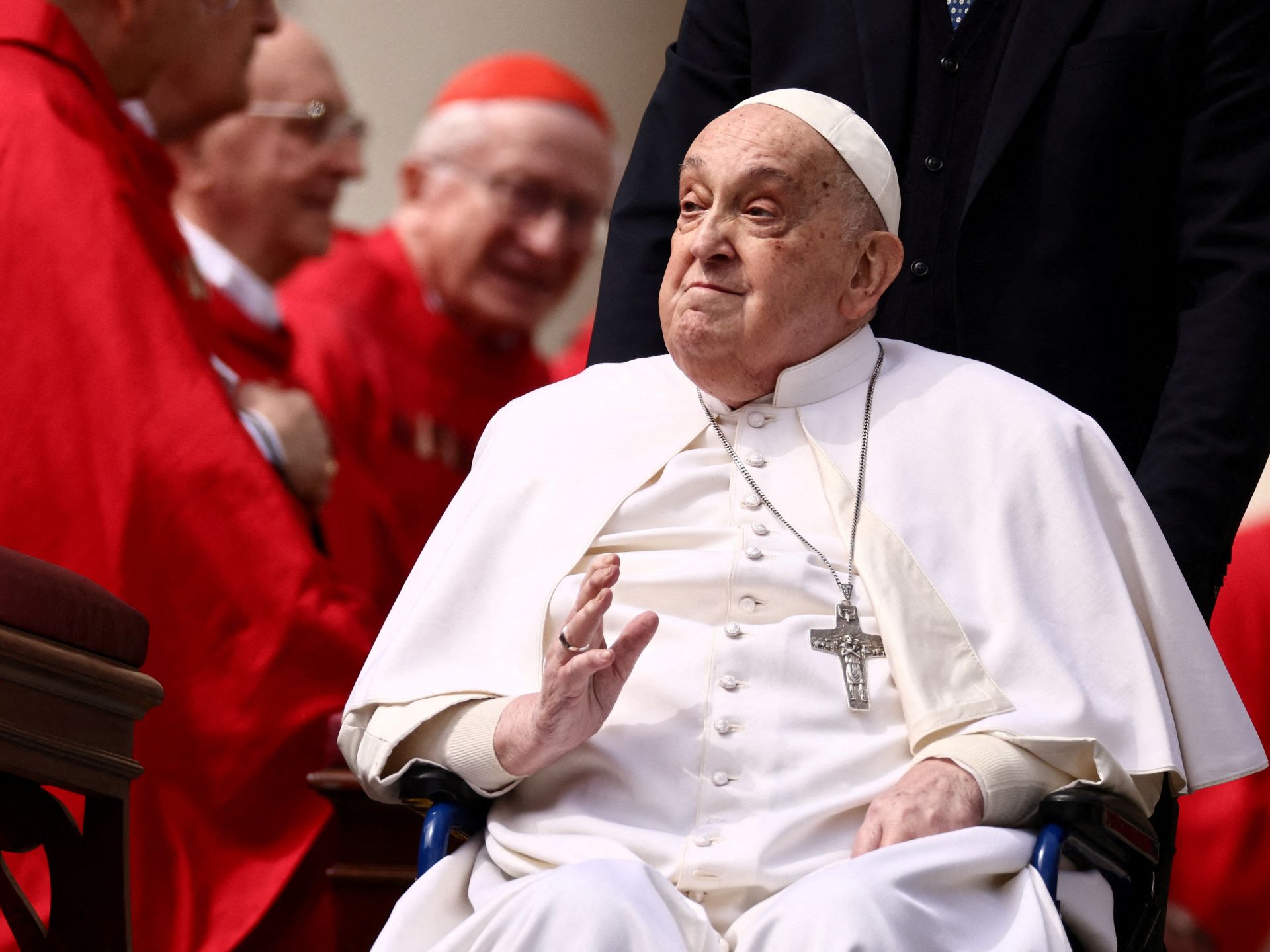Vatican Crossroads: Pope Francis' Legacy and the Church's Uncertain Future

Pope Francis: A Transformative Journey of Faith and Change
The world mourns the loss of Pope Francis, the groundbreaking pontiff who reshaped the Catholic Church's global narrative and challenged traditional boundaries. As the first Latin American pope in history, Jorge Mario Bergoglio brought a revolutionary spirit to Vatican leadership, bridging cultural divides and advocating for social justice with unprecedented passion.
Throughout his remarkable papacy, Francis emerged as a beacon of progressive reform, challenging the Church's long-standing conservative traditions. He championed compassion for marginalized communities, spoke boldly about climate change, and worked tirelessly to address systemic issues within the Catholic Church, including transparency and accountability.
His humble beginnings in Argentina and commitment to serving the poor distinguished him from his predecessors. Francis consistently prioritized human dignity, reaching out to refugees, embracing interfaith dialogue, and challenging economic inequalities with remarkable moral clarity.
The pope's legacy extends far beyond religious circles. He became a global voice of reason, advocating for environmental protection, social inclusion, and humanitarian values. His ability to connect with people across generations and cultural backgrounds made him a unique and influential spiritual leader.
As the Catholic Church faces an uncertain future, Pope Francis's transformative journey leaves an indelible mark on religious leadership, challenging institutions to become more inclusive, compassionate, and responsive to the complex challenges of our modern world.
